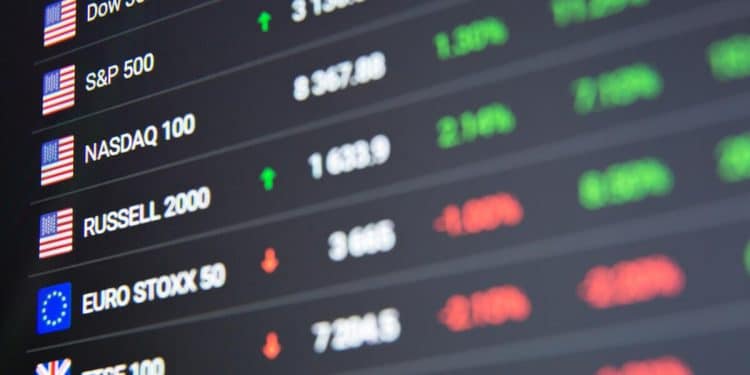While consumers and investors are looking for signs that the economy is heading in the right direction, amid the wild swings of the Stock Market, and the plummeting Consumer Sentiment due to President Trump’s trade policies, an index less closely watched is showing signs of trouble ahead.
Russell 2000, an index of small company stocks, has fallen more than 18% from its peak in November, when Donald Trump was elected. The index rose initially on the optimism that a new administration would be more business-friendly. However, this hope was quickly dashed when a trade war escalated, which began with tariffs imposed against our closest trading partners by Mr. Trump.
The small-cap index has now entered a bear market. A bear market is defined as a drop of at least 20% from the most recent high.
Daniel Hornung told CBS MoneyWatch that “some small caps, like the Russell 2000, outperformed the S&P 500 following the election. This is presumably because there will be a lot of deal-making, as these companies are likely to be bought and merged more than the largest large-caps.”
Hornung said that “there was a feeling that there would be deregulation, and a more conducive environment for transactions. But there is a lot of uncertainty that hangs over the markets and economy right now which makes it difficult for transactions.”
Tariffs, such as the 25 percent tax on imports of steel and aluminum, are threatening to increase prices across many industries. Small and midsize businesses no longer focus on growth. They now focus on survival.
Canary in a coal mine
The Russell 2000 is a collection of smaller companies from a wide range of sectors. It is considered a benchmark among small U.S. stock. It is not skewed towards a specific industry, unlike the S&P 500 which has a heavy tech component.
The index is therefore more sensitive to economic changes, especially downturns. This is because the companies in this index are smaller, and thus more vulnerable to market shocks.
Skanda Amanth, macroeconomist at Employ America and executive director, told CBS MoneyWatch that the data is “more diversified on a sectoral basis, which makes it more representative of U.S. economic growth dynamics.”
Russell 2000 includes companies such as FTAI, a commercial jet engine manufacturer, Sprouts Farmers Market grocery chain, Beyond Meat plant-based food company, and Dulingo, a language learning tool.
Not pointing at a recession
Bank of America Research’s economists claim that the Russell 2000 index is still two percentage points from entering bear-market territory. They expect the economy to continue growing this year.
Jill Carey Hall is the head of U.S. Small- and Mid-Cap Strategy at Bank of America Research. She said that historically, during recessions, the Russell 2000 stock has dropped by an average of 40%. It’s not priced in more than 50% of a possible recession at this time.
Small businesses may still suffer heavy losses.
Bank of America estimates the impact on earnings for small cap companies could be three-times greater than large caps based on current levies on Canada, Mexico, and China.
Carey Hall stated that “these companies have thinner margins so an increase in input costs hurts these companies more”.











